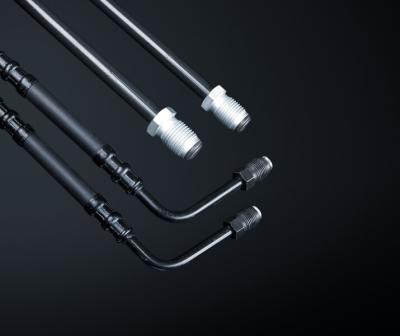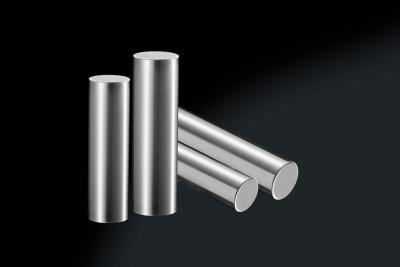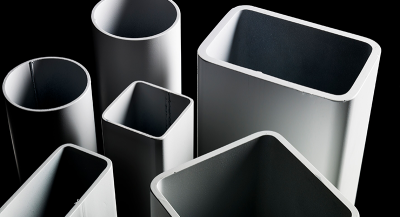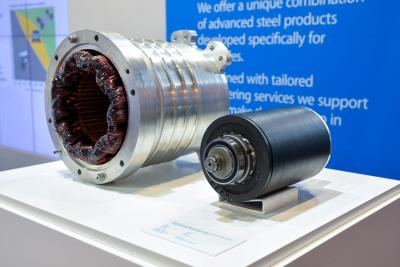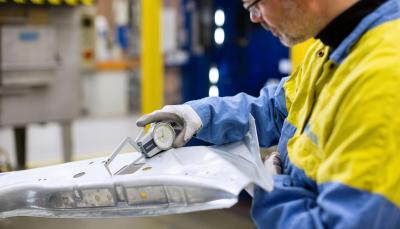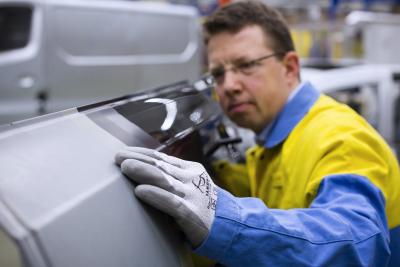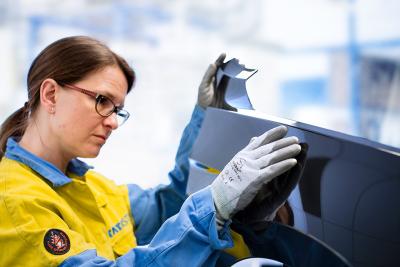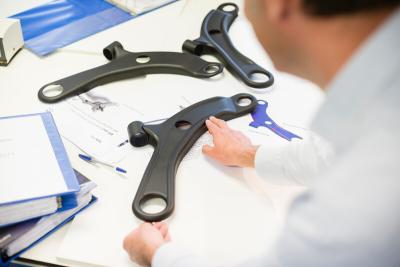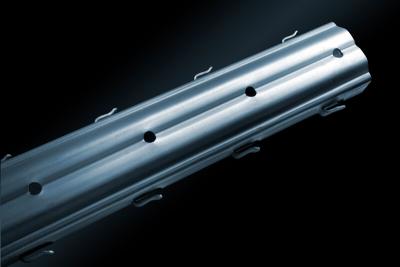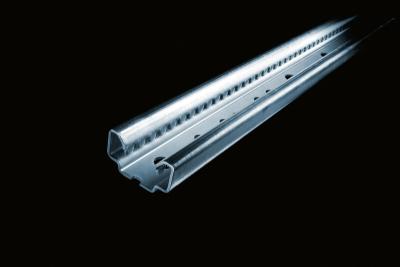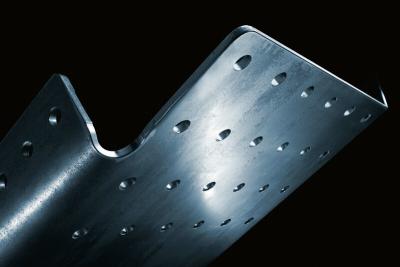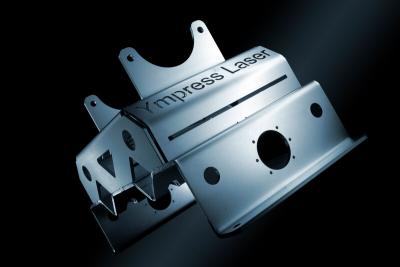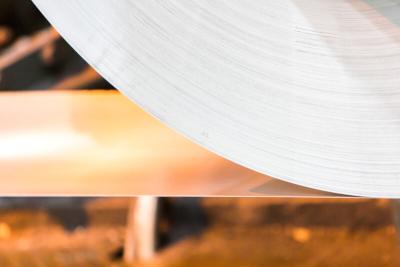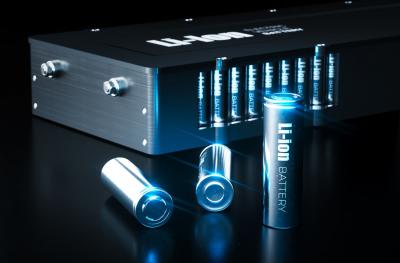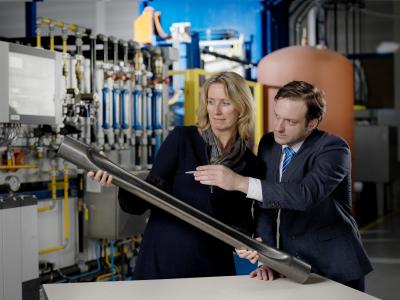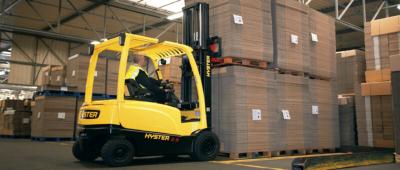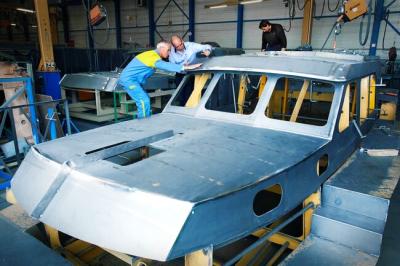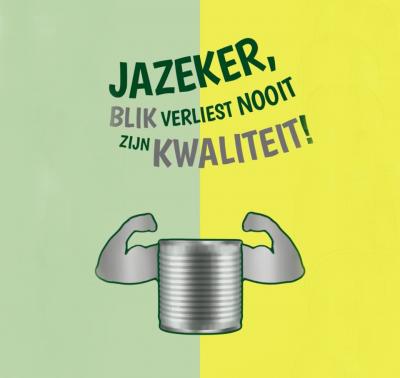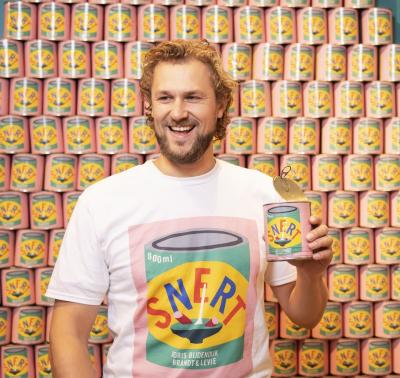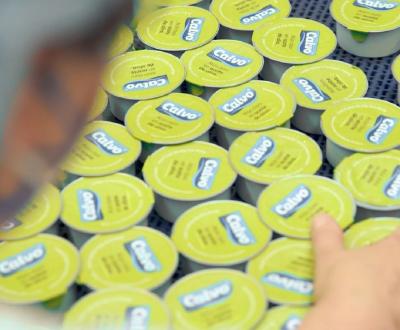In 1941 Luis Calvo opted to hedge on canned fish as the future thanks to the advice of his friend José Figueroa, a canning manufacturer.
By 1956 business was well underway, but the pace of production was low. Luis Calvo enjoyed learning and with characteristic ingenuity, proposed to build the first automatic can packer in Europe with a capability to produce 36 cans per minute.
This was a revolution in the industry at the time and was Grupo Calvo’s first major milestone. But it didn’t stop there, this innovative spirit runs throughout Calvo’s history with the development of the round can, the three can multi-package, healthy ranges low in salt and more.
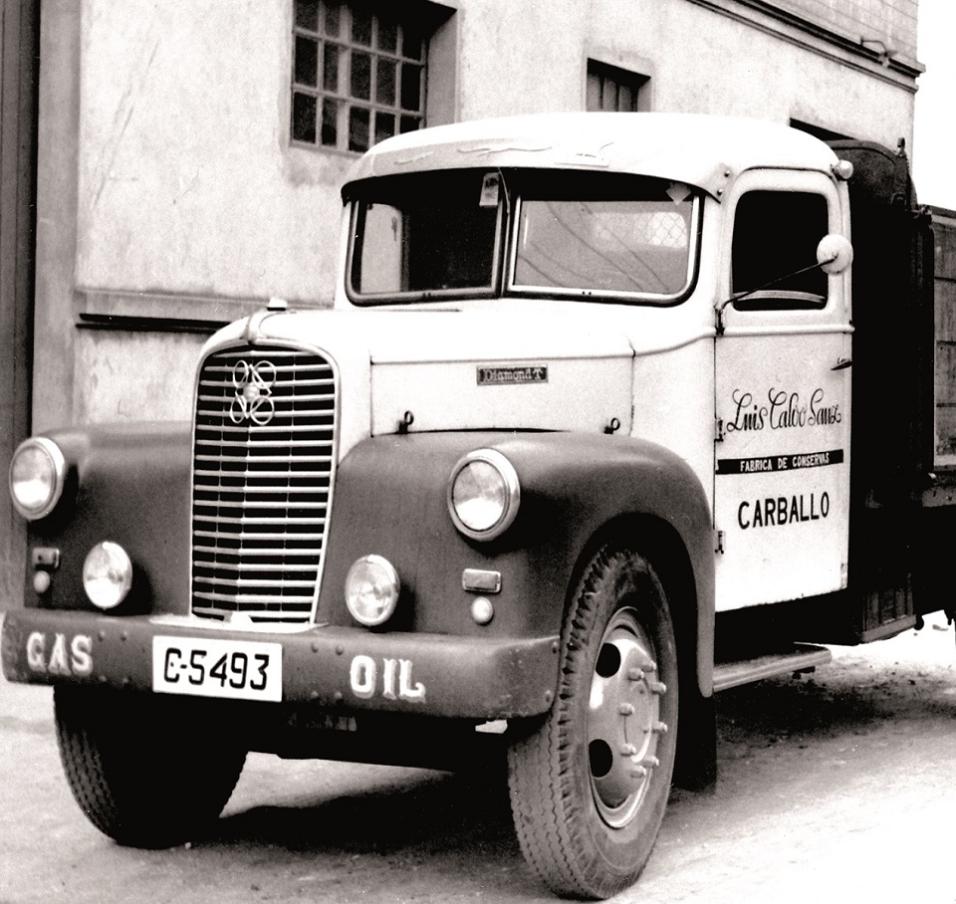
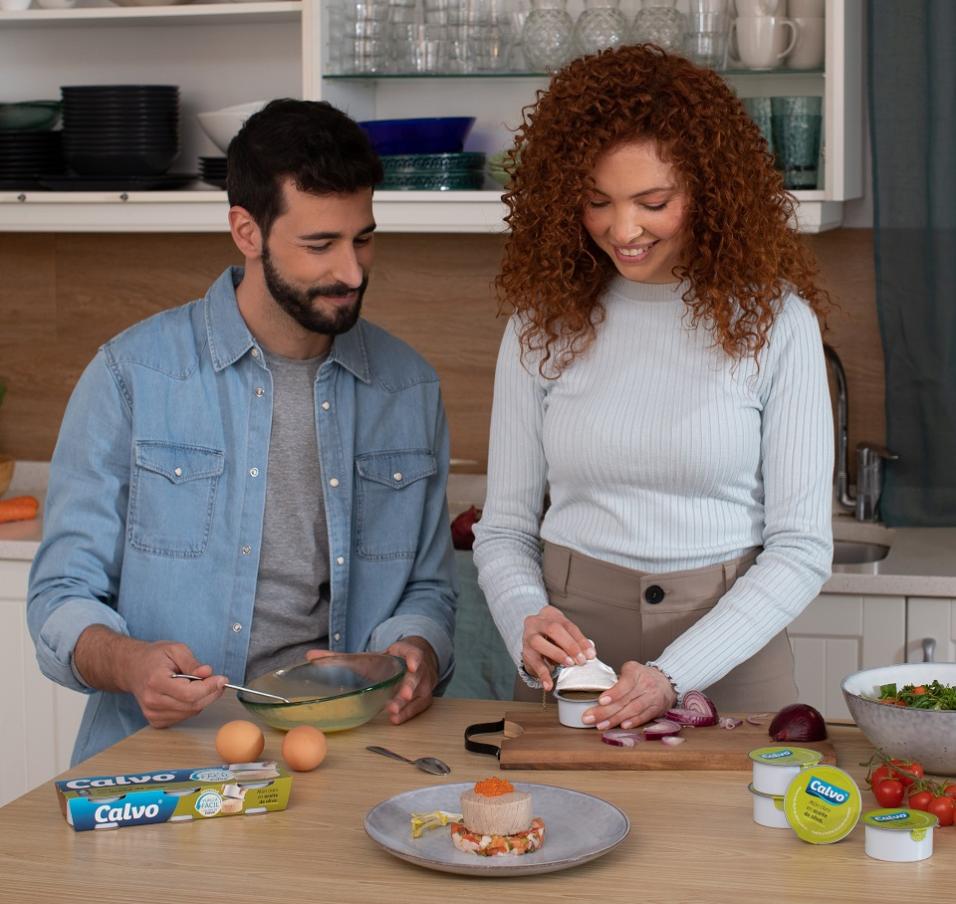
Consumers, from older users to children can sometimes find traditional tuna cans difficult to use due to the opening performance of conventional ends, resulting in splashes or worse, cuts.
Over the last thirty years there have been several innovations across steel packaging and canmaking including lightweighting, different opening methods and coatings. So, the challenge was to improve convenience and ease of use for the consumer in a popular canned product, whilst taking advantage of more sustainable and environmentally friendly design and components.
Grupo Calvo’s Vuelca Fácil® uses a new method to package canned products more efficiently and sustainably.
The new packaging’s design, development and manufacture is the result of years of listening to consumers, market research and an unwavering commitment to innovation.
Unlike traditional tins, Vuelca Fácil, meaning 'Easy Flip', allows the product to be opened easily and safely in a seamless movement – and the properties of the polypropylene on the inside of the can helps deposit the food contents cleanly without the need for utensils. Alongside enhanced safety, practicality and convenience, this packaging design also wastes less tuna and cuts down on the amount of conserving oil, which most consumers say they don’t use. Vuelca Fácil is lighter than traditional food cans and features a sealing method that requires less oil. The innovative design could produce up to 35 per cent less waste than that of traditional packaging.
“Through Vuelca Fácil, the Calvo brand has enabled a new way of consuming canned tuna that is more efficient, convenient and sustainable,” states Martín Barbaresi, Marketing Director of Grupo Calvo’s Europe Division.
“We have been shaping the evolution of one of the most widely consumed canned products in our country, with milestones such as low-sodium light tuna and, more recently, light tuna with 50% less fat, as well as Foodie tuna salads with edamame and chickpeas. Today, we continue to drive change with our new Vuelca Fácil packaging.”
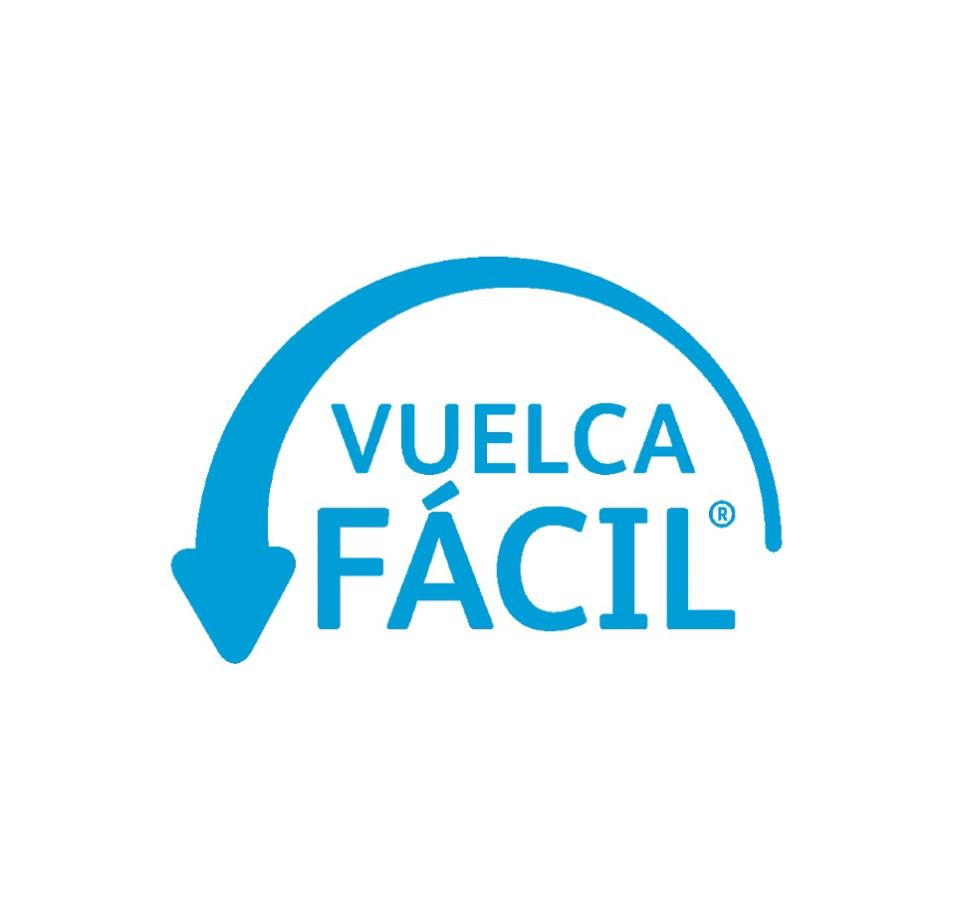
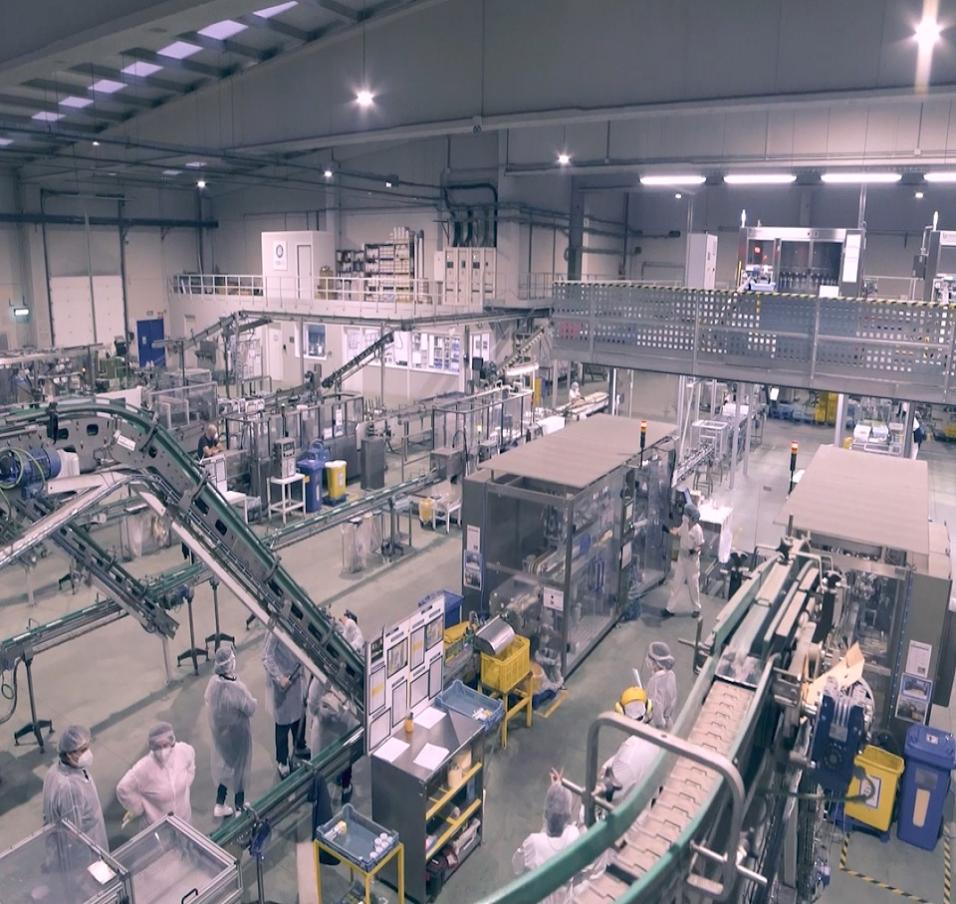
Calvo Envases has presented a draw redraw (DRD) can which features a direct seal, and which is available in a number of sizes: the smallest has a 61.65mm diameter, and the largest 73.35mm. Each can has a standard height of 32.15mm.
The DRD can is designed for a range of tuna fish products including those with olive oil, vegetable oil, with or without salt, tomato sauce, and other combinations. To avoid splashes or cuts when opening, the DRD can features the Calvo Envases’ trademark ‘real peel’ opening, which means the entire lid can be removed from the can facilitating safe, clean and easy access to the contents.
Similarly, the filling process involving tuna and oil with a vacuum can become complex, so this direct-sealed can has a sealing area that is easy to clean. The unique feature here is that after the can is filled, the aluminium foil is directly heat-sealed to the can, eliminating the need for a ring, meaning fewer components in the can itself and an improved sustainability footprint.
The ‘real peel’ lid is heat sealed directly to the container, which has a wider flange, saving material. The inner coating is also continuous reaching right up to the heat-sealed closure, ensuring no contact is made between the metal and packaged foods.
In addition to the new ‘real peel’ lid, the DRD can is manufactured using 0.16mm Protact®, Tata Steel’s specialist polymer-coated packaging steel.
The polymer coating formulation means that the contents can be easily removed from the can and there is no ring to hinder food release.
Protact’s inert three-layer polymer coating system has excellent organoleptic properties – ensuring the original taste of the packaged food is not affected. Combined with its low level of porosity, this makes Protact the ideal solution for contents packed in oil and brine and for tuna cans, the coating colour can be optimised to enhance content appearance.
It is Protact’s polypropylene laminate that allows for the direct heat sealing between the aluminium reel peel closure and the can body.
In recent years, the demand for Protact has increased. Canmakers benefit most during the running and handling phases as polymer coated product removes the need for any lacquer stages, consequently lowering energy and water consumption and CO2 emissions.
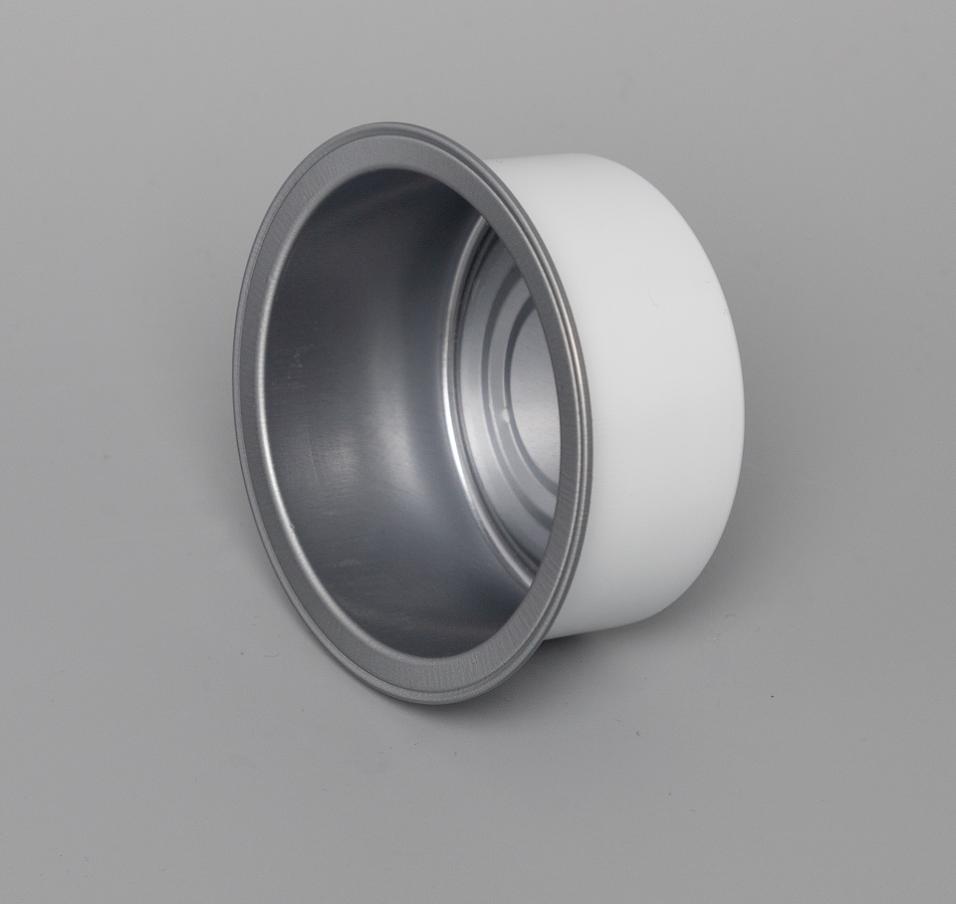
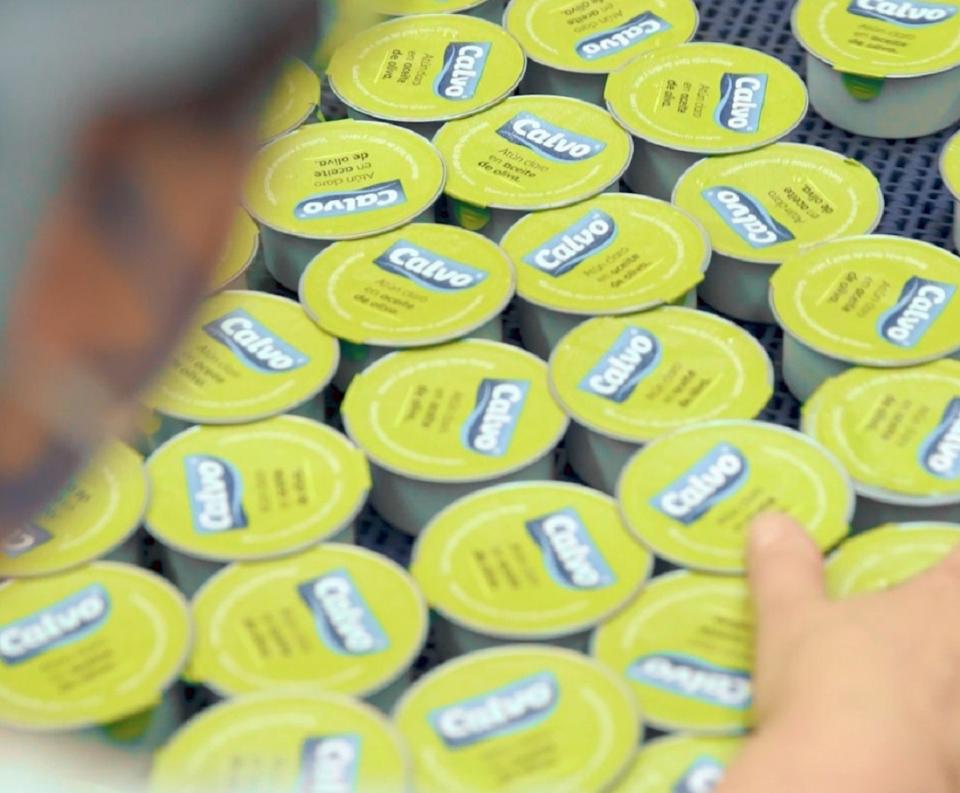
In 2019, the Calvo Can achieved the Silver award in the prototype category of the Can of the Year Awards, hosted by The Canmaker magazine.
By selecting a packaging material that combines efficiency and quality with the ‘metal recycles forever’ environmental message, Calvo Envases and Tata Steel have successfully solved the question of convenience, quality standards and ease of use, whilst addressing the most pertinent questions around sustainable packaging and environmental credentials.
The 61.65mm can with peel off lid also offers a 39.1 per cent weight saving, weighing just 14.74g with a capacity of 82ml.
“The new design for the ‘real peel’ DRD can is an innovative product for our tuna range which we are excited to present to our consumers.
“The intelligent design is going to make the Calvo tuna cans very easy to use with much less waste. The quality polymer coating on the can will ensure the distinctive flavours of the product range are not lost in the process of canning or storing – and of course, we are absolutely delighted with the strong environmental profile of this sustainable packaging.”
- D. Luciano Calvo Pumpido, President, Grupo Calvo
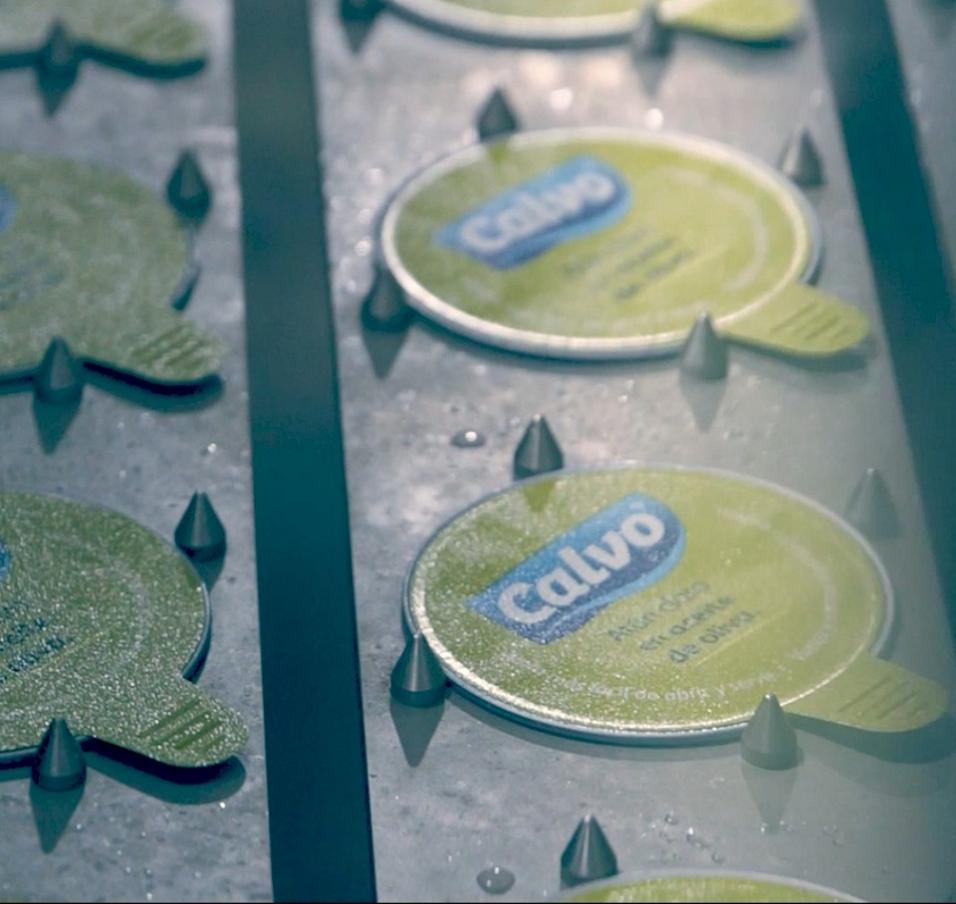
EN-Packaging-Contact TSE
Contact our sales department
Packaging
PO Box 10000
1970 CA IJmuiden
The Netherlands



